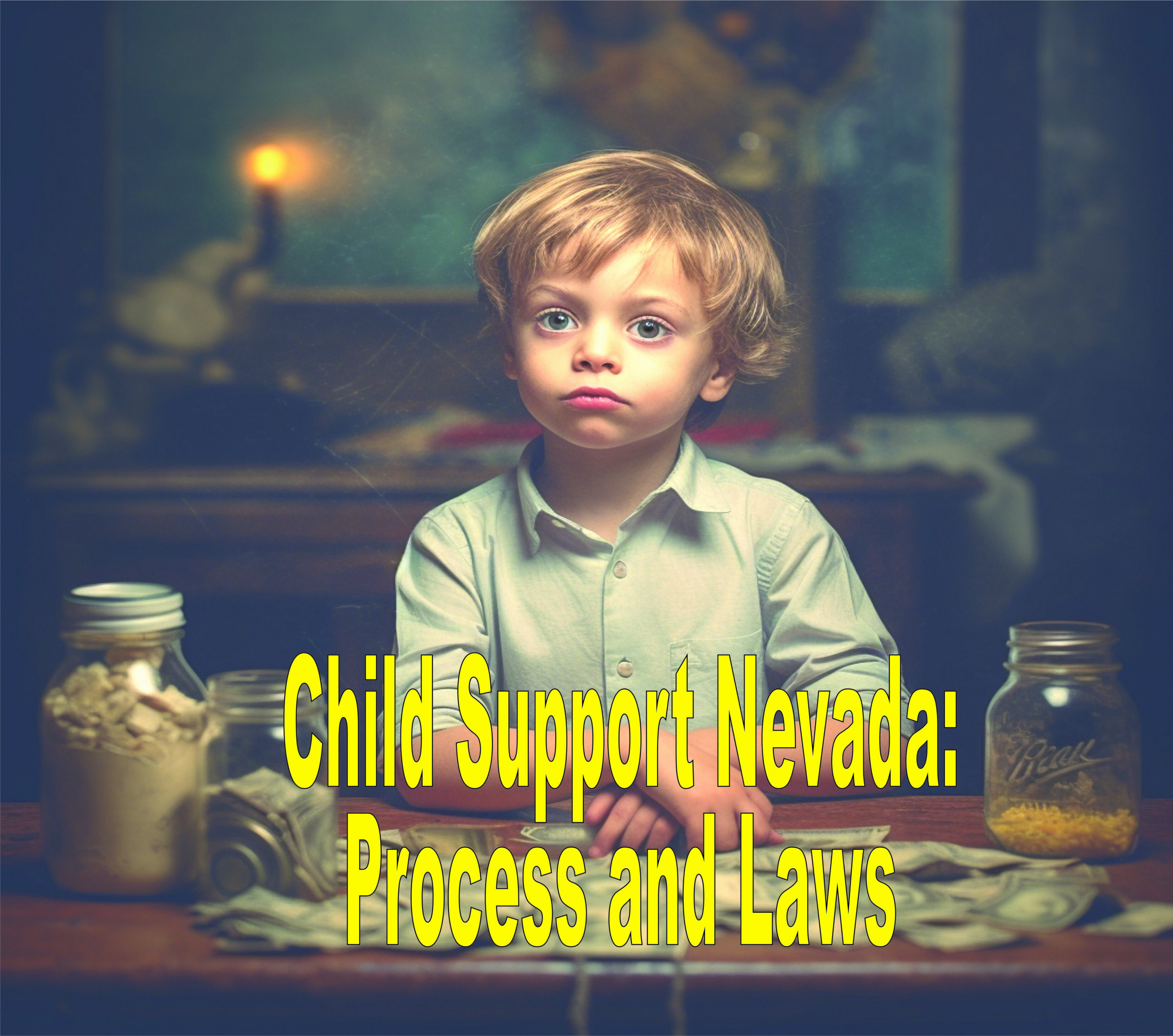Child Support Nevada: Process and Laws

Last Updated on May 23, 2024 by Kathy
Raising a child can be expensive. This is especially true if only one parent pays the cost of raising the child. These situations can occur when the parents divorce, separate, or did not marry. Both parents are responsible for their child’s welfare and the child support laws help to ensure that they do. Child Support Program in Nevada helps ensure that children have both financial and medical support.
The Process For Child Support After Divorce
The Department of Health and Human Services Division of Welfare and Supportive Services provides child support in Nevada. Parents who want to apply for child support can download an application form, fill it and submit it to their local Child Support office. Visit the Nevada Government page for a directory of Child Support office locations.
Parents need to include information about their child in the application. This includes personal and non-custodial details. Name, address, telephone number, email address and residential address are also a requirement. They will also request details about the employer, current relationship, relationship between parents at the time of child’s birth, and any other pertinent information. They will also ask additional information such as medical/health insurance details and public assistance details (if relevant). After paying $550 to the parent, there will also be a $35 fee for families who have not received public assistance (Temporary Aid for Needy Families).
Child Support Enforcement (CSE), based on the information provided in the application, attempts to locate the noncustodial parent and establish contact. This is crucial as child support cases needs the other parent to receive a legal notice. CSE also attempts to find the assets and income of the noncustodial parent. This can be used later for enforcement.
After The Confirmation of Location of the Other Parent
Once the other parent is located, it may be necessary to establish paternity. The law presumes that the father of the child is the husband if both parents were married at the time the child was born. If the parents did not marry, they may sign a Voluntary Affirmation of Paternity to confirm that the man is the father. They can request for a genetic testing if the father is not certain or denies the paternity. This test is extremely accurate and shows the likelihood of paternity.
If the test results show a probability of 99% or more, it means the man is the father of the child. The child’s father usually pays for genetic testing, but it is ultimately up to the court to decide who is responsible. The husband can no longer be the legal father of the children if the mother was married at the time the child was born. For more information on establishing paternity, visit the Department of Health and Human Services Division website. Then, the case can move to court for determination of child support obligations by the noncustodial parent.
How To Receive Child Support
You can get child support payments directly into your bank account or via a Nevada Debit Card. Parents receiving child support in Nevada are automatically issued a Nevada Debit Card Visa card. You can use a prepaid card to pay child support. Parents use this card to get their child support payments quicker, to shop online, at ATMs and to cash back at stores.
Parents who want the money paid into their savings or checking accounts can get a Direct Deposit Information and Authorization Agreement to fill and send to the address within the form. However, the payments will not be available in the account for at least 30 days. Visit the Department of Health and Human Services Division website for additional details on the options available for receiving child support payments.
The Maximum Amount That Your Family Can Receive
Nevada Revised Statutes (NRS) provides specific guidelines on how to calculate child support. Along with the number of children in the support case, the gross income of the noncustodial parents is in account. In determining the case, it may be necessary to consider costs for healthcare and special education. Find the exact details on the considerations and calculations at CHAPTER 354 and CHAPTER 125B – OBLIGATION OF SUPPORT. The state also has a child support calculator that you can access online. This calculator is helps provide an estimate of what you can expect, but not the actual amount.
Enforcement of Child Support
Nevada’s CSE program can take several steps to ensure that parents pay child support in accordance with the law. Once certain criteria have been met, these enforcement actions will be automatically applied. These include:
- Income withholding (the commonest)
- Interception and collection of federal and state taxes refunds
- Suspensions of recreational and driver’s licenses
- Denials of passport applications
- Reporting and claims against estates, and reporting to credit agencies.
CSE can also place liens on property, garnish accounts, or initiate bankruptcy proceedings. For a full directory of available enforcement actions and their requirements for execution, download the CHILD SUPPORT ENFORCEMENT MANUAL.








